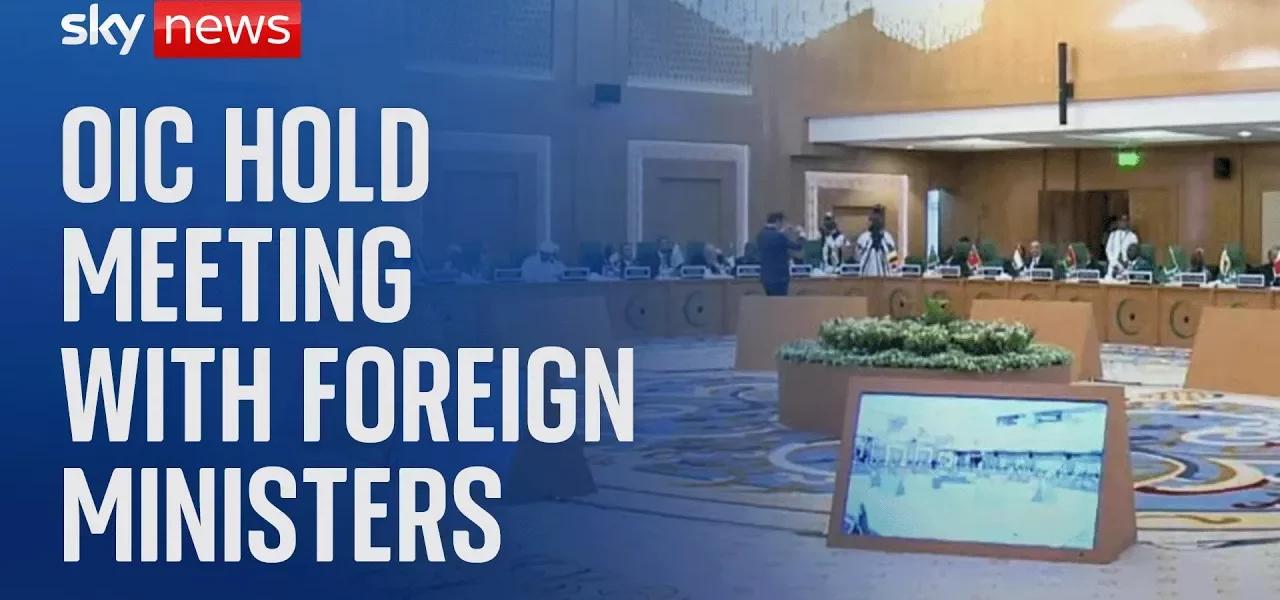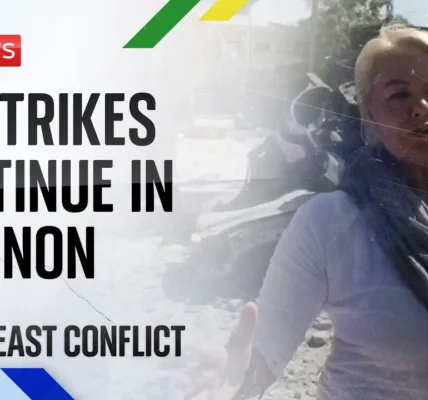In the Name of God, the Most Gracious, the Most Merciful

This article delves into the themes of mercy, compassion, and the ongoing humanitarian crisis in Gaza, as highlighted in a recent video. It emphasizes the importance of understanding the challenges faced by vulnerable populations and the call for peace and support from the international community.
Introduction
The phrase “In the name of God, the Most Gracious, the Most Merciful” serves as a powerful reminder of the core values of compassion and mercy that are essential in our interactions with one another. This article will explore these themes in the context of the current humanitarian crisis in Gaza, where countless individuals are suffering due to ongoing conflicts and political tensions. By understanding the gravity of this situation, we can foster empathy and take action to support those in need.
The Importance of Mercy and Compassion
Mercy and compassion are fundamental principles in many cultures and religions, particularly in Islam. The repeated invocation of divine mercy sets a tone of empathy and understanding that is critical when discussing humanitarian issues. This section will explore the significance of these values in the context of the Gaza crisis.
Understanding Mercy in Context
Mercy is not just an abstract concept; it is a call to action. It involves:
- Offering support to those in distress
- Advocating for the rights of the oppressed
- Promoting peace and reconciliation
The Role of Compassion in Humanitarian Efforts
Compassion acts as a driving force behind humanitarian efforts. It encourages individuals and organizations to:
- Recognize the plight of those affected by conflict.
- Engage in advocacy for humanitarian aid and support.
- Contribute to rebuilding and recovery efforts.
The Humanitarian Crisis in Gaza
The ongoing conflict in Gaza has led to a devastating humanitarian crisis that has affected millions. This section will outline the key aspects of this crisis, highlighting the urgent need for international attention and action.
Impact on Vulnerable Populations
Children, the elderly, and other vulnerable groups have been disproportionately affected by the conflict. The statistics are alarming:
- Nearly 40,000 casualties reported.
- Severe disruptions to education and healthcare services.
- Increased trauma and psychological distress among children.
Challenges Faced by Humanitarian Organizations
Organizations providing aid face significant challenges, including:
- Restricted access to affected areas.
- Limited resources and funding.
- Ongoing security threats that hinder operations.
International Response and Responsibility
The effectiveness of international responses to the Gaza crisis has been scrutinized. The following points illustrate the complexities involved:
- Criticism of major powers for inaction.
- Debates over the efficacy of international law.
- The need for a unified approach to peace and humanitarian aid.
Conclusion
In conclusion, the themes of mercy and compassion are crucial in addressing the humanitarian crisis in Gaza. It is imperative for the international community to recognize the urgency of the situation and take meaningful action to support those affected. By fostering a culture of empathy and understanding, we can contribute to healing and peace. Let us reflect on our responsibilities and engage in efforts to promote peace and humanitarian support for Gaza and beyond.
For more information on humanitarian efforts and how you can help, please visit our related articles section.
“`




